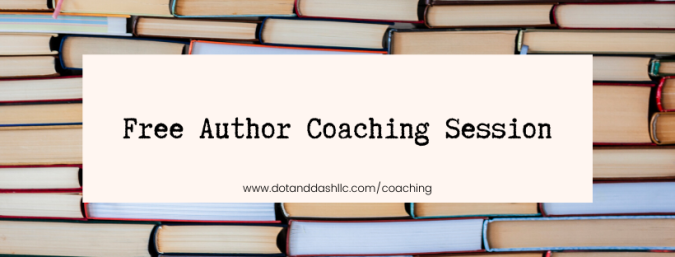One of the ways we use the suffix –ful is to explain how much of something exists somewhere. Or, as my go-to dictionary, Merriam-Webster, puts it:

This means in our question of “Is it handfull or handful?” the answer is handful with one L.
However, as you can see in the dictionary’s example, handful isn’t the only use of this suffix. Basically, anything that can hold something can get the –ful suffix.
For example:
roomful can hold people
bucketful can hold apples
eyeful can hold beautiful visions
oceanful can hold fish
glassful can hold juice
pocketful can hold tiny treasures
spaceshipful can hold aliens

Click here: https://www.dotanddashllc.com/newsletter-signup
You get the gist. Now here’s how they work in sentences:
The kitten held out a pawful of jewels to its human.
Frida unleashed a brainful of magical powers onto the bad guys.
The lizard discovered a desertful of hot sand and rocks to enjoy.
Now go forth and use your –ful suffix with vigor.
Erin Servais is founder of Dot and Dash, LLC, and author services company that can turn your writing from phlegm to gem. Learn how you can hire her today.
Follow Dot and Dash on social media.
Twitter: @GrammarParty
Instagram: @dot_and_dash_llc
Facebook: facebook.com/dotanddashllc
Pinterest: www.pinterest.com/dotanddashllc

Click here and never worry about coming up with social-media posts again: https://www.etsy.com/listing/766512443/on-sale-social-media-content-calendar


